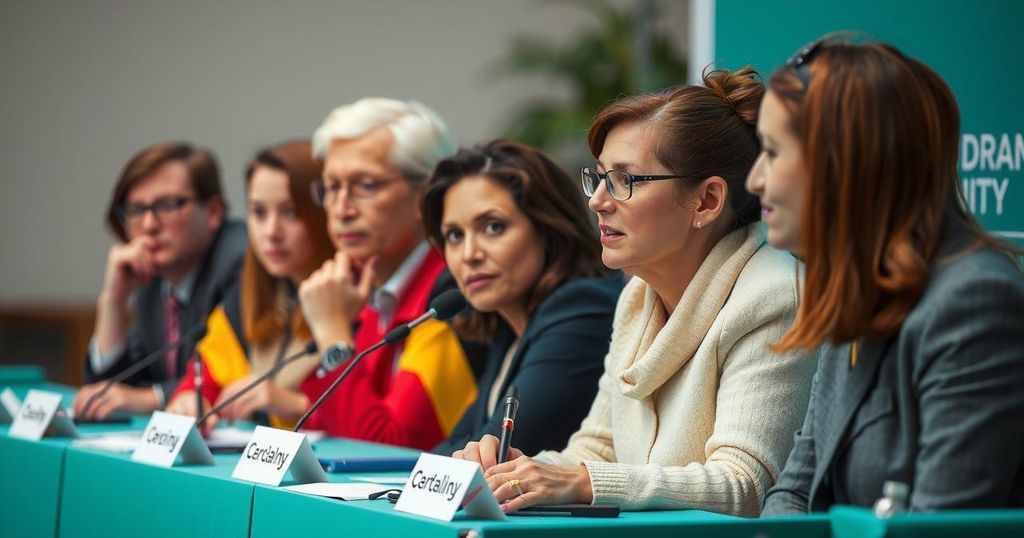Germany’s Electoral Committee Moves to Exclude MLPD from Upcoming Elections

The German Federal Electoral Committee has ruled to exclude the Marxist-Leninist Party of Germany (MLPD) from the February 23 election, citing the party’s lack of an effective executive committee as the reason. This decision raises serious concerns about the democratic process and the treatment of smaller parties within the electoral system.
The German Federal Electoral Committee convened on December 10 to address the participation of the Marxist-Leninist Party of Germany (MLPD) in the forthcoming parliamentary election scheduled for February 23. The committee determined that the MLPD cannot provide a valid notification for electoral participation due to the party lacking a functioning executive committee, a decision typically used to bar smaller parties from elections. The committee’s justification cited a regulatory requirement necessitating parties to elect their executive committee every two years. The MLPD, however, operates under its constitution, which stipulates elections every four years, leading to this unprecedented exclusion.
This ruling raises serious concerns regarding democratic rights as it undermines the fundamental principle of free elections by employing bureaucratic hurdles to exclude smaller parties from the electoral process. The German electoral framework mandates that parties without parliamentary representation must gather extensive signatures to support their candidacy, further complicating the MLPD’s participation under tight deadlines and winter conditions. Additionally, the existing political climate suggests that the early elections are designed to facilitate a more conservative government, highlighting the urgency of maintaining democratic integrity.
Critics argue that the electoral committee notably lacks democratic legitimacy, being composed primarily of appointees with ties to established parties. The committee’s decision is seen not only as undemocratic but also legally questionable, given that the MLPD has successfully participated in previous elections under the same operational structure. This sudden enforcement of the participation criteria represents a significant deviation from past practices, raising alarms about the motives behind such actions.
The MLPD has historically engaged in federal elections since 1987, facing no significant barriers until now. Against the backdrop of a politically charged environment, the ruling by the Federal Electoral Committee serves as a further illustration of the mechanisms utilized by established parties to diminish the presence of smaller, non-established parties. With electoral regulations requiring extensive documentation and public support for participation, it is increasingly evident that smaller parties like the MLPD face systemic challenges in gaining electoral traction.
In conclusion, the German Federal Electoral Committee’s recent decision to bar the MLPD from participating in the upcoming federal elections raises substantial concerns regarding democratic processes and fairness. The committee’s actions, viewed as an attempt to limit the representation of smaller political entities, undermine the very principles of free and fair elections. The necessity for equal opportunities in the electoral process remains paramount to safeguarding democracy in Germany.
Original Source: www.wsws.org








